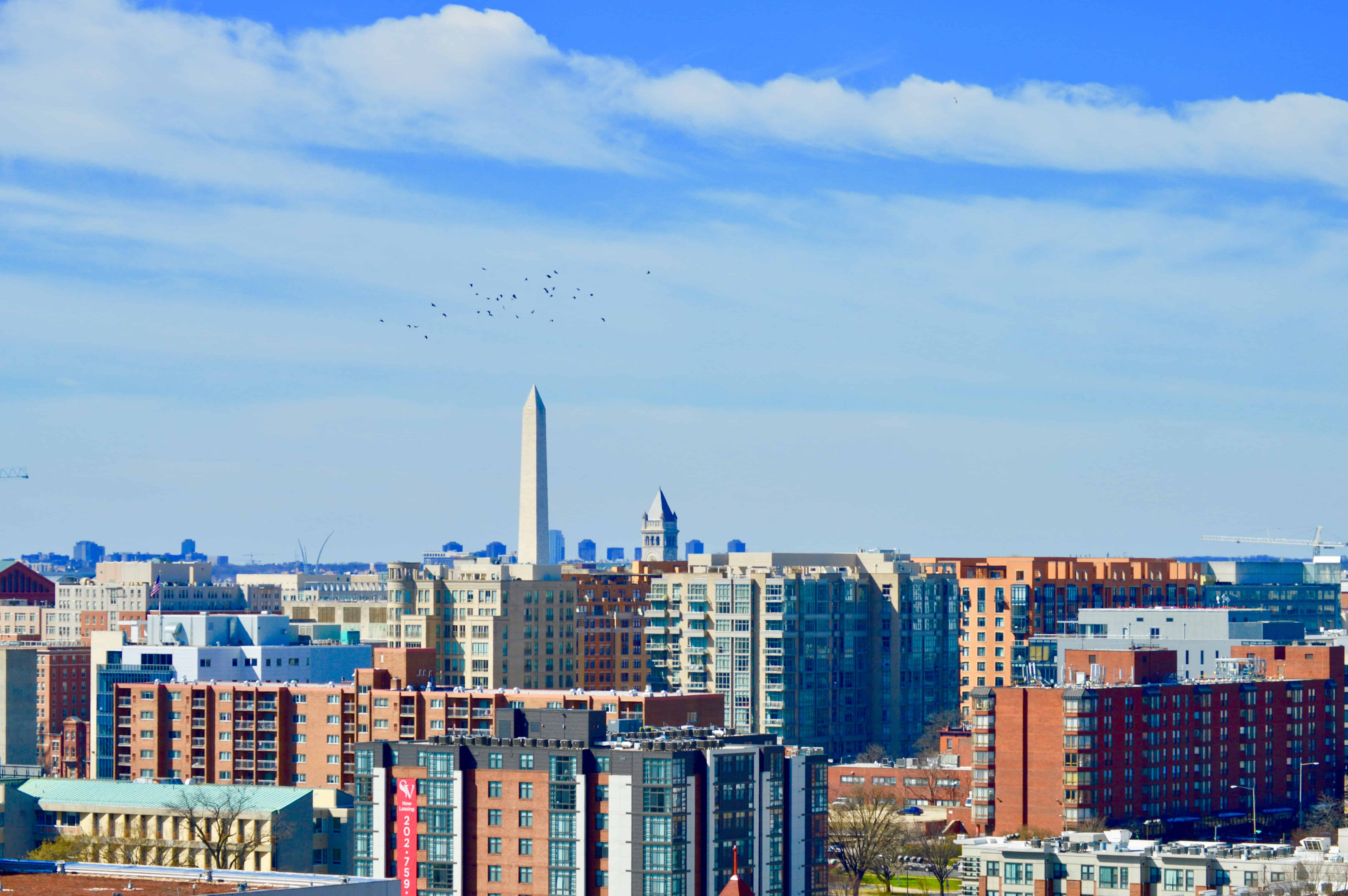Affordable Therapy in Washington DC: A Comprehensive Guide
Updated: September 2025 (Originally published: November 2023)
What are the most affordable therapy options in Washington, DC?
In short: sliding‑scale programs, university training clinics, community clinics, support groups, and employee assistance programs (EAPs) are the fastest paths to affordable therapy. If you have out‑of‑network health insurance, ask for a superbill—many insurance providers reimburse a portion of therapy sessions even when you pay out of pocket.
Quick start in DC:
- Capital Therapy Project (CTP): supervised, lower‑fee individual and couples therapy within a private practice setting.
- ICP&P Reduced‑Fee Referral Service: connects you with clinicians who offer low cost therapy services.
- GW Meltzer Center: a sliding scale university clinic for therapy and assessment.
These options cover in‑person therapy and online therapy, with some offering evening availability and group therapy.
What is the Capital Therapy Project (CTP), and who is it for?
The Therapy Group of DC launched the Capital Therapy Project to expand affordable therapy while maintaining quality. Advanced graduate clinicians provide care under close supervision by licensed psychologists, so you get thoughtful, evidence‑based treatment at a reduced fee. CTP supports individuals and couples who want a sustained, weekly therapy rhythm but need low cost therapy to make that possible.
How to access affordable therapy through CTP: Review current openings and request an appointment on the CTP website.
Where else can I find low‑cost therapy in DC?
Institute of Contemporary Psychotherapy & Psychoanalysis (ICP&P)
ICP&P’s Reduced‑Fee Referral Service connects community members to clinicians who provide low cost services for individual and couples therapy. Emphasis is on clinical fit at a workable fee, with options for in person and online therapy.
Meltzer Center at The George Washington University
The Meltzer Center offers therapy and assessment on a sliding‑fee scale. Services include individual, couples, family, and group therapy. Care is delivered by doctoral trainees with direct supervision from licensed psychologists.
Other places to look
- Community clinics and health centers: Some non‑profit organizations and health centers offer affordable mental health services, free services, or grant‑supported care.
- Open Path Collective: A national network that can help you find affordable therapy with private clinicians who offer sliding scale options.
- Support groups: Peer support groups—including those hosted by community organizations—offer free emotional support and ongoing support at little or no cost.
- Employee Assistance Programs (EAP benefits): Ask your HR department about short‑term counseling services or referrals through an EAP.
How does improving access to affordable therapy help the DC community?
Expanding mental health services—through CTP, ICP&P, GW’s Meltzer Center, and community clinics—helps people start care sooner. Earlier access to mental health support improves relationships, buffers stress, and reduces crises.
In public‑health terms, improving access to mental health care strengthens community resilience and makes it easier to match people to the level of care they need—from skills‑focused group therapy to long‑term psychotherapy, and when appropriate, coordinated medication management with outside prescribers.
Frequently Asked Questions About Affordable Therapy
What are sliding scale options in therapy?
Sliding scale options allow therapists to adjust their fees based on a client’s income or financial situation, making therapy more accessible for individuals seeking affordable mental health services.
Can I use my health insurance for therapy without insurance coverage?
If your insurance plan does not cover certain therapy services, you might still access therapy without insurance by paying out of pocket. Some clients submit superbills to their insurance company for partial reimbursement, depending on their coverage.
Are online therapy platforms effective compared to traditional therapy?
Online therapy platforms provide convenient access to licensed professionals and have been shown to be as effective as traditional therapy for many mental health conditions, offering flexible communication methods including text-based therapy.
How can I find free therapy or low-cost mental health resources?
You can find free therapy or low-cost mental health resources through community clinics, nonprofit organizations, university training clinics with student interns, support groups, and government programs aimed at expanding mental health care access.
What immediate help options are available for mental health crises?
Immediate help is available through confidential support services such as the 988 National Suicide Prevention Lifeline and the Crisis Text Line, which provide free emotional support 24/7 for individuals in crisis.
What should I look for when choosing a licensed therapist?
When choosing a licensed therapist, consider their credentials, approach to therapy, ability to build a strong therapeutic relationship, and whether they provide therapy services that align with your mental health needs and preferences.
